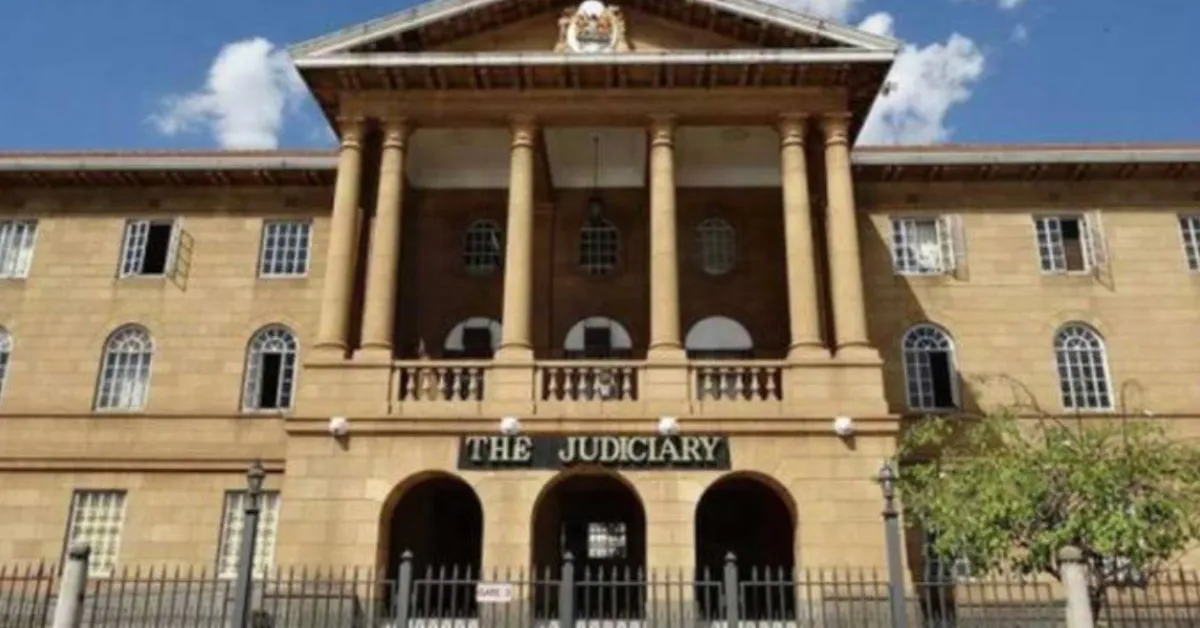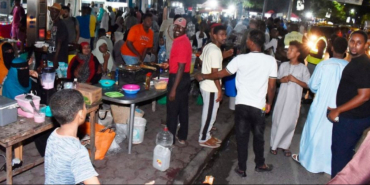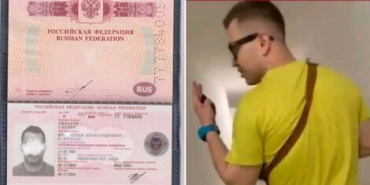Kenya's High Court Awards Sh2.2 Million to Protesters Over Police Misconduct

In a significant rebuke of police conduct, the High Court has awarded Sh2.2 million in compensation to eleven individuals whose rights were violated during anti-government protests in June 2024.
Each of the eleven protestors will receive Sh200,000, a decision that follows widespread demonstrations against a contentious Finance Bill. These protests, primarily held in Nairobi’s Central Business District (CBD), drew hundreds of citizens exercising their constitutional right to assembly and expression. The Law Society of Kenya (LSK) spearheaded the legal challenge, arguing that systemic breaches of constitutional rights were committed by police officers during the protests.
Allegations of excessive force, harassment, and fatalities marred the demonstrations, prompting the LSK to seek judicial intervention. Justice Bahati Mwamuye, in delivering the judgment, emphasised the critical importance of accountability within the police force. The ruling mandates that officers maintaining public order must be in uniform and visibly identifiable, explicitly prohibiting the concealment of identity through masks or plain clothes during public assemblies.
Such measures, the court asserts, are essential for ensuring transparency, discouraging misconduct, and maintaining public trust in law enforcement. The court’s decision also directly addresses past abuses, prominently citing the death of Rex Masai, who was allegedly shot by police during the June protests. The LSK argued that officers in incognito attire had engaged in violence against peaceful demonstrators, infiltrating crowds to provoke unrest and carry out unlawful arrests.
This behaviour is unequivocally condemned by the High Court, which stresses the importance of adhering to Section 49 of the National Police Service Act, which mandates lawful conduct in all official duties. In a related petition, the High Court addressed a contentious directive issued by Inspector General of Police Douglas Kanja and former Nairobi Police Commander Adamson Bungei. This directive sought to ban demonstrations in the city centre and impose leadership requirements on protests.
Justice Mwamuye has declared the directive unconstitutional, affirming that the right to assemble, demonstrate, and present petitions is enshrined in Article 37 of the Constitution and cannot be unilaterally curtailed by the police. The eleven petitioners, including prominent activists such as Joy Awich and Kipngetich Eman, provided harrowing accounts of police brutality. They testified to being beaten, subjected to tear gas, and injured by live ammunition while participating in peaceful protests.
Additionally, the police reportedly employed water cannons and harmful chemical agents to disperse demonstrators, actions the court deemed excessive and unjustifiable. Following the physical protests, many Kenyans turned to social media platforms like Twitter and TikTok to voice their opposition to the proposed tax policies. The court acknowledged the interconnected nature of physical and digital demonstrations, underscoring the changing landscape of public participation in governance.
The financial compensation awarded to the protestors serves as both restitution and a symbolic reminder of the state's obligation to uphold human rights. The petitioners had sought a more personal form of accountability, arguing that the financial burden should fall on IG Kanja and Mr. Bungei rather than the taxpayer-funded state. Although the court did not endorse this demand, it highlighted the systemic issues within the police force that necessitate reform.














Add new comment